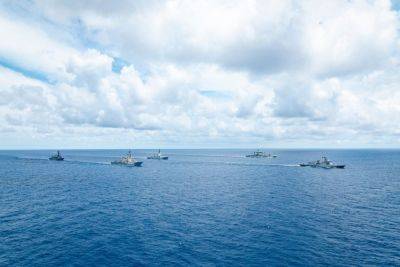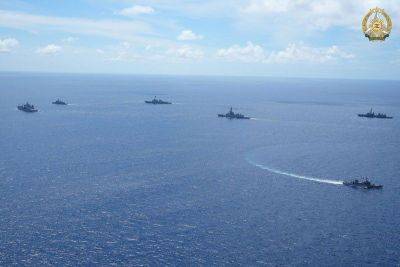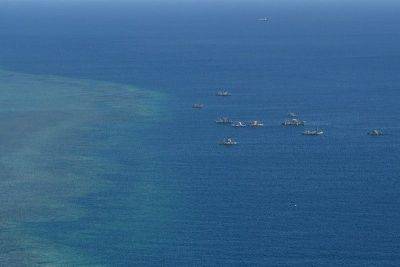Fishers feel impact of West Philippine Sea tensions
MANILA, Philippines — Filipino fishermen are feeling the impact of the growing geopolitical tension in the West Philippine Sea (WPS) as their catch in the country’s exclusive economic zone (EEZ) continues to drop, as reflected in official statistics.
The country’s fish catch in the WPS in the first half of the year fell by 6.78 percent to 101,039.54 metric tons from 108,392.48 MT in the same period last year, based on Philippine Statistics Authority data.
The country saw fish production in both the first and second quarter declining, with the first three months posting a steeper drop in output.
First quarter fish catch in the WPS fell by 11.62 percent year-on-year to 47,880.6 MT from 54,178.64 MT recorded in the same period last year.
Second quarter fish production dipped to 53,158.94 MT from 54,213.84 MT.
The Bureau of Fisheries and Aquatic Resources (BFAR), in an email to The STAR, cited concerns over territorial issues as well as rising cost of fuel as major reasons for lower fisheries output.
Furthermore, the ill effects of climate change – high temperature caused by El Niño and gale warnings from January to February due to southwest monsoon – have also significantly slashed fish catch.
The BFAR said its findings were based on reports from its offices in Regions 1, 3 and 4-B.
The government estimates the country’s fish catch from the WPS by calculating the commercial and marine municipal fisheries production of provinces near the EEZ.
These provinces are Ilocos Norte, Ilocos Sur, La Union, Pangasinan, Bataan, Zambales, Occidental Mindoro and Palawan.
Philippine Chamber of Agriculture and Food Inc. president Danilo Fausto said the decline in fish catch in the WPS is not surprising, given the increasing number of Chinese vessels in the area.
“With more than 500 fishing vessels, mostly from China, what do you expect? It is overfishing,” said Fausto, noting that the share of WPS in the country’s total fish food supply has dropped to five percent from seven percent.
“Ever since our corals were destroyed, our fish catch has dropped further,” he added.
Between 2022 and 2023 alone, BFAR recorded the presence of 305 vessels within the country’s EEZ in the WPS.
Of the







